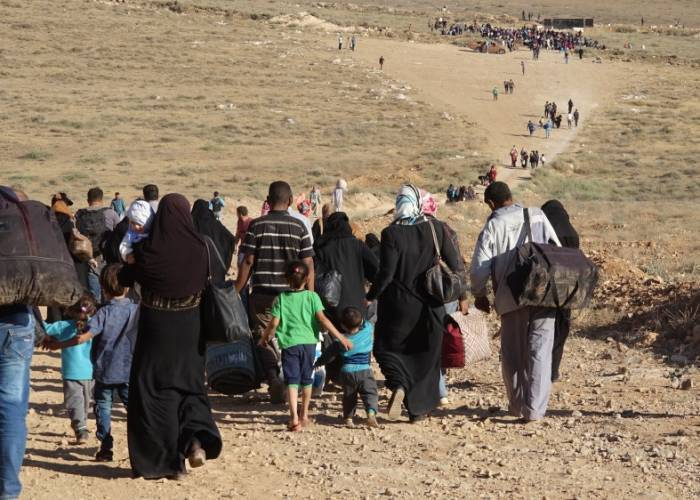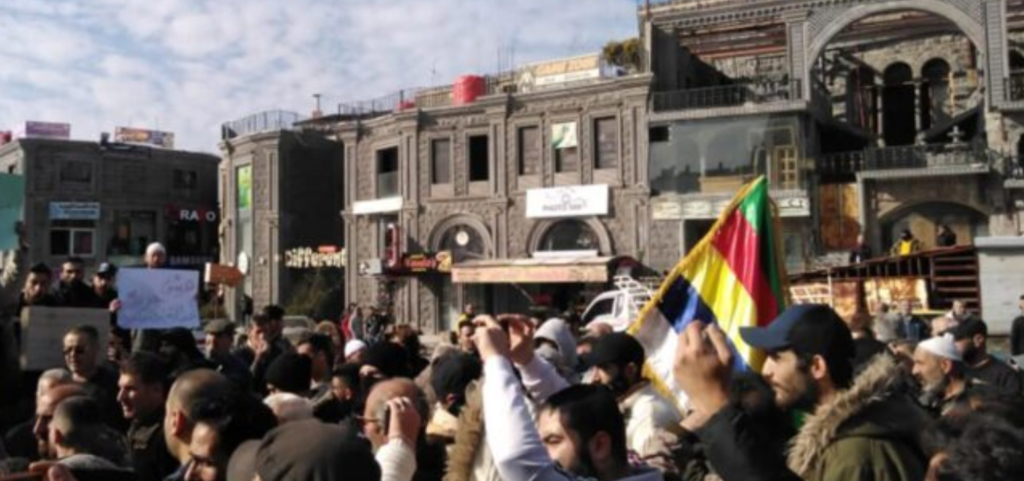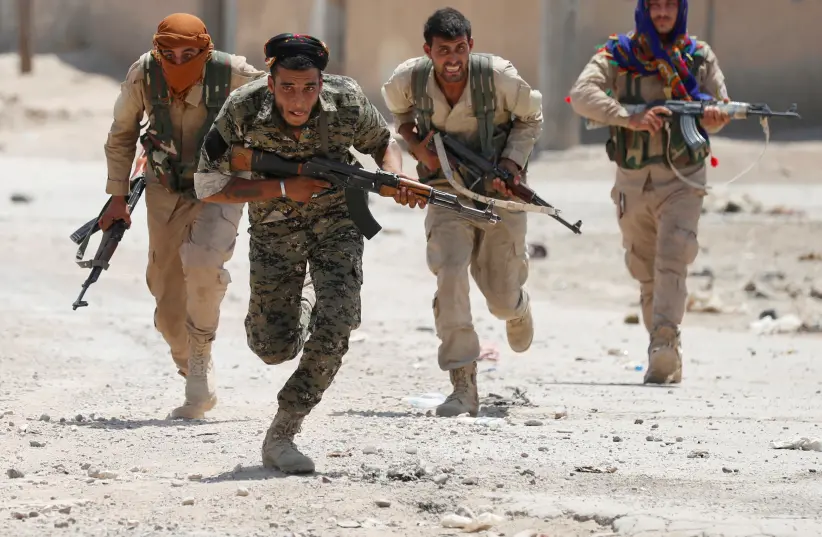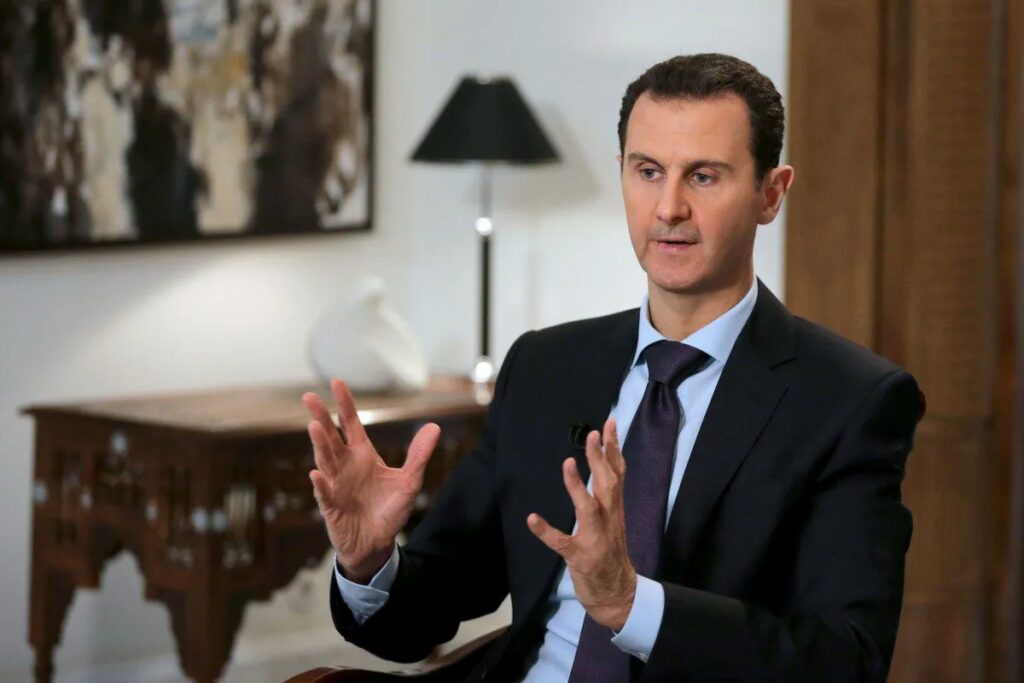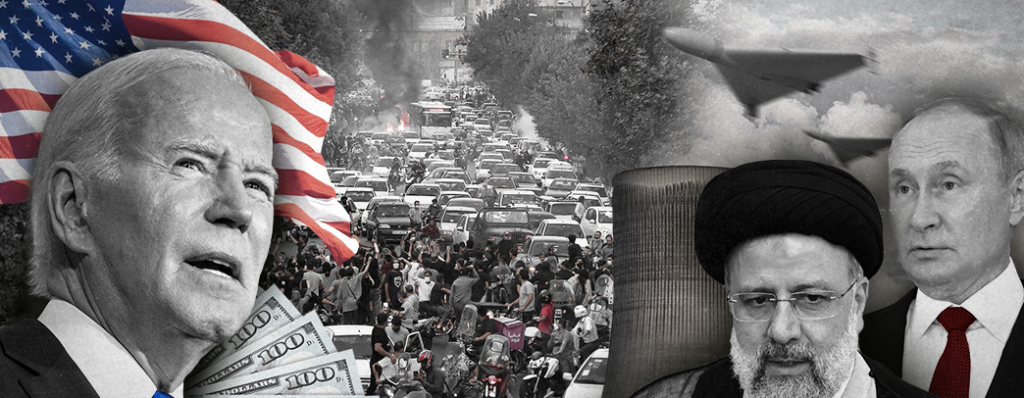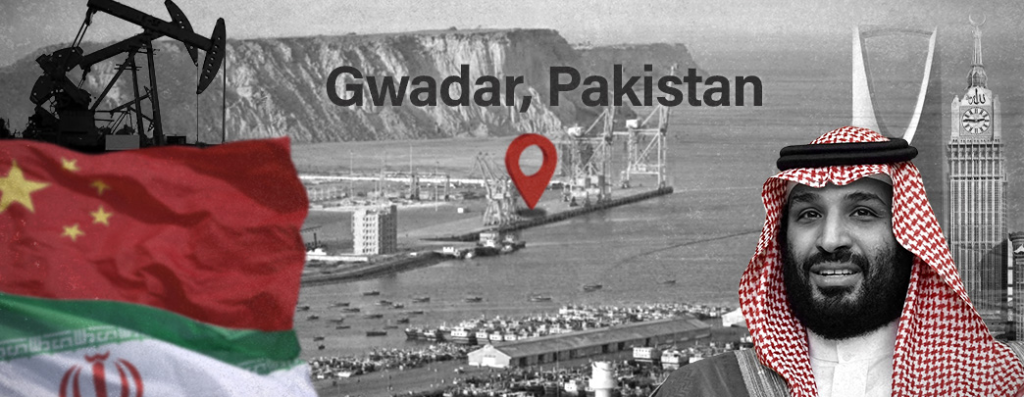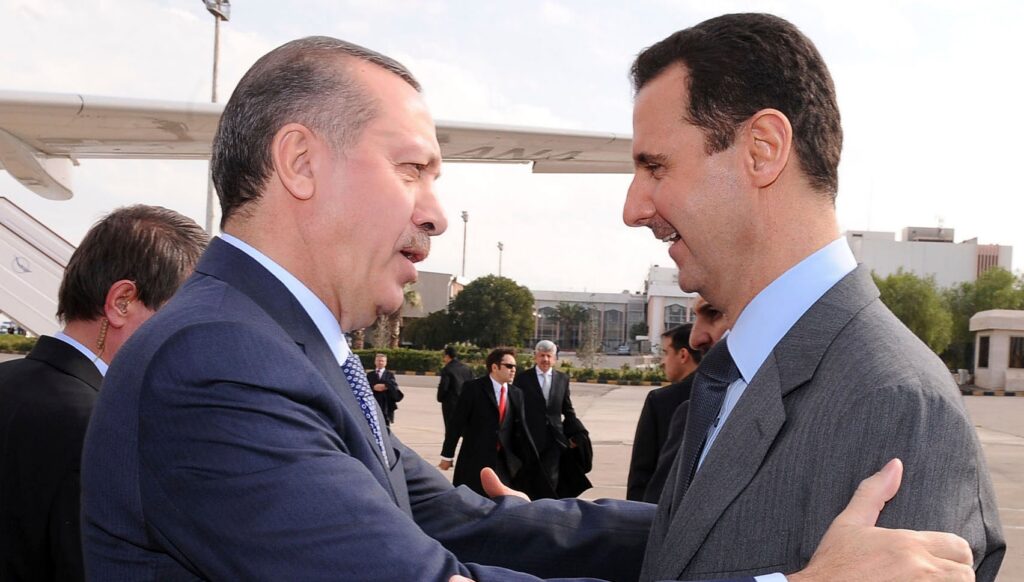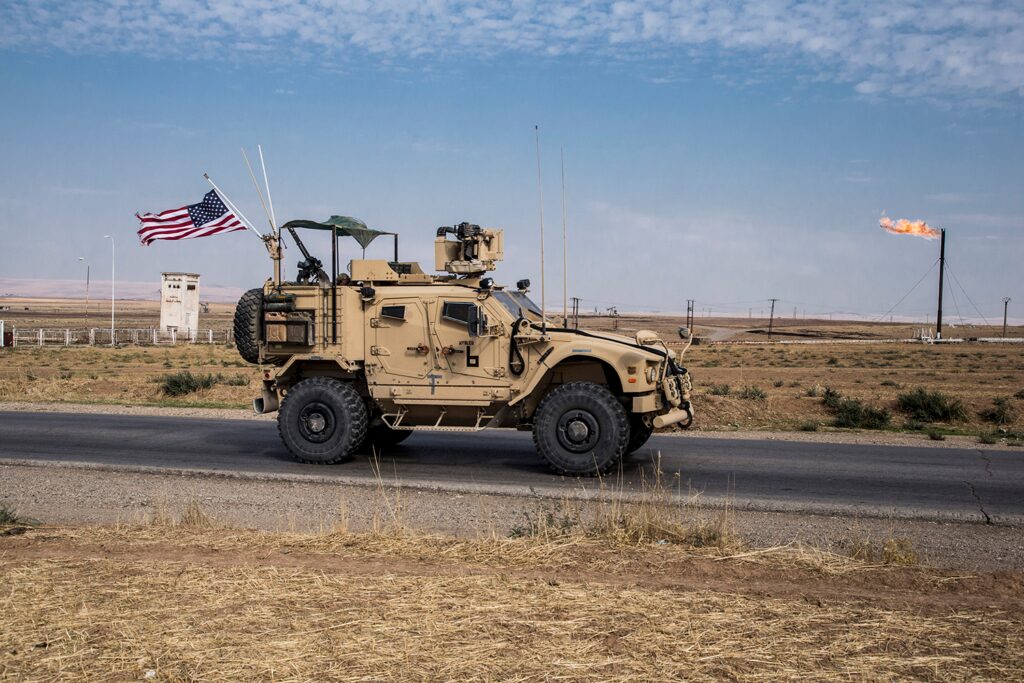US Raid Kills Islamic State Officials In Syria
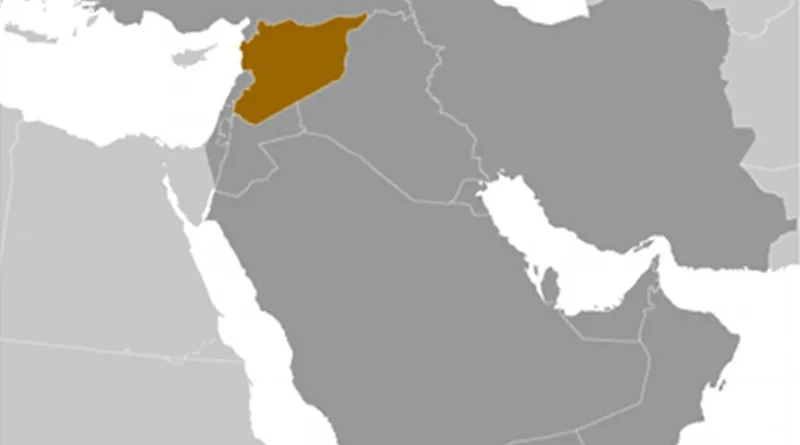
US Central Command forces conducted a successful helicopter raid in eastern Syria at 2:57 a.m. local time on December 11, killing two ISIS officials including Anas, an ISIS Syria Province Official who was involved in the group’s deadly plotting and facilitation operations in eastern Syria, according to a CENTCOM statement.


